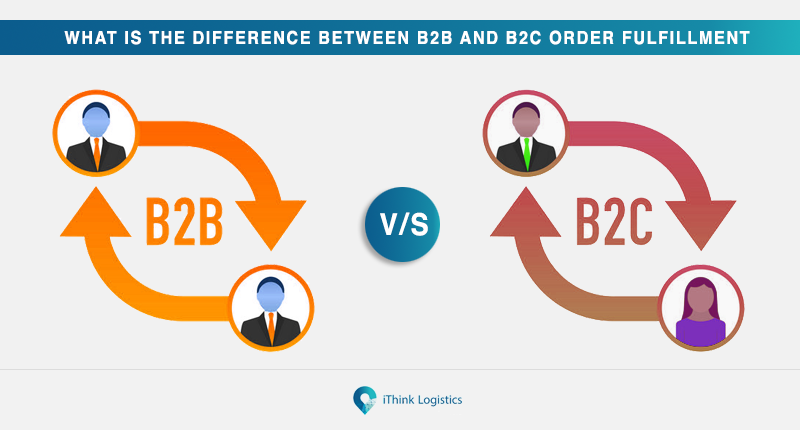Sales coaching is a critical factor in the success of new hires within any organization. Implementing effective onboarding strategies can significantly impact the performance and productivity of sales teams. In this article, we will explore the most efficient strategies for sales coaching and onboarding new hires, ensuring their smooth integration into the sales team and maximizing their potential.
Key Components of an Effective Sales Coaching Program for New Hires
- Establish a Structured Onboarding Program:
A well-structured on boarding program is essential for new hires to understand the company’s sales processes, products, and services. This program should provide a comprehensive overview of the organization, its culture, and the sales team’s goals and objectives. By offering a clear roadmap, new hires can quickly grasp their roles and responsibilities, leading to faster productivity.
- Assign a Mentor:
Assigning a mentor to new hires can greatly enhance their onboarding experience. A mentor can provide guidance, support, and feedback, helping new hires navigate the challenges they may face. The mentor should be an experienced sales professional who can share their knowledge, best practices, and insights, ensuring the new hires feel supported and motivated.
- Role-Playing and Simulations:
Role-playing and simulations are effective techniques to train new hires on various sales scenarios they may encounter. By simulating real-life sales situations, new hires can practice their communication, negotiation, and objection-handling skills in a safe environment. This hands-on approach allows them to gain confidence and refine their techniques before engaging with actual customers.
- Continuous Training and Development:
Sales coaching should not end after the initial onboarding period. Continuous training and development are crucial for new hires to stay updated with the latest sales techniques, market trends, and product knowledge. Regular training sessions, workshops, and webinars can help new hires sharpen their skills and adapt to changing customer needs, ensuring their long-term success.
- Set Clear Goals and Expectations:
Setting clear goals and expectations is vital for new hires to understand what is expected of them. Sales managers should establish measurable targets and key performance indicators (KPIs) that align with the organization’s overall sales objectives. Regular feedback and performance reviews can help new hires track their progress and identify areas for improvement.
- Provide Ongoing Feedback and Support:
Regular feedback and support are essential for new hires to grow and develop their sales skills. Sales managers should provide constructive feedback, highlighting both strengths and areas for improvement. This feedback should be specific, actionable, and delivered in a timely manner. Additionally, managers should be readily available to address any questions or concerns new hires may have, fostering a supportive and collaborative environment.
- Encourage Collaboration and Teamwork:
Sales coaching should emphasize the importance of collaboration and teamwork. New hires should be encouraged to work closely with their colleagues, leveraging their collective knowledge and experience. Team-building activities, group projects, and cross-functional training can foster a sense of camaraderie and create a supportive network within the sales team.
- Utilize Technology and Tools:
Leveraging technology and sales enablement tools can enhance the onboarding process for new hires. Sales automation software, customer relationship management (CRM) systems and virtual training platforms can streamline workflows, provide real-time insights, and facilitate knowledge sharing. By utilizing these tools, new hires can quickly adapt to the organization’s sales processes and become more efficient in their roles.
Some additional tips for effective sales coaching:
- Use a variety of coaching methods: Different people learn in different ways, so it is important to use a variety of coaching methods. This may include one-on-one coaching, group coaching, role-playing, and observational learning.
- Focus on the individual’s needs: Each new hire has different strengths and weaknesses. Be sure to tailor your coaching approach to the individual’s needs and goals.
- Be patient and supportive: It takes time for new hires to learn and develop their skills. Be patient and supportive throughout the process.
By following these strategies, you can create an effective sales coaching program that will help your new hires to succeed.
Some specific examples of sales coaching activities that you can use with new hires:
- Role-playing: Role-playing is a great way for new hires to practice their sales skills in a safe and controlled environment. You can role-play different sales scenarios, such as cold calling, prospecting, and closing deals.
- Call reviews: Call reviews can help new hires identify areas where they can improve their sales skills. You can listen to their calls and provide them with feedback.
- Ride-along: Ride-along gives new hires the opportunity to see how experienced sales representatives work. They can learn from the experienced sales representatives’ techniques and strategies.
- Sales coaching software: Sales coaching software can provide new hires with a variety of learning resources, such as training modules, videos, and quizzes.
By using a combination of these sales coaching activities, you can help your new hires to develop the skills and knowledge they need to be successful in their roles.
Some common challenges faced during the onboarding process for new sales hires:
Some common challenges faced during the onboarding process for new sales hires include:
- Lack of clarity about job expectations and performance metrics.
- Limited product knowledge and understanding of the company’s sales processes.
- Difficulty in building relationships with clients and colleagues.
- Inadequate training and support.
- Overwhelming workload and pressure to meet sales targets.
- Lack of confidence and motivation.
- Difficulty in adapting to the company’s culture and work environment.
Effective sales coaching and onboarding strategies are crucial for the success of new hires in sales roles. By implementing a structured onboarding program, assigning mentors, utilizing role-playing and simulations, providing continuous training and development, setting clear goals and expectations, offering ongoing feedback and support, encouraging collaboration and teamwork, and leveraging technology and tools, organizations can ensure seamless integration of new hires into their sales teams. These strategies will not only maximize the potential of new hires but also contribute to the overall success of the sales organization.
Frequently Asked Questions (FAQs):
- What is sales coaching for new hiring?
Sales coaching for new hires refers to the process of providing guidance, support, and training to newly hired sales professionals. It aims to help them develop the necessary skills, knowledge, and mindset to succeed in their roles and contribute to the organization’s sales goals.
- Why is sales coaching important for new hires?
Sales coaching is crucial for new hires because it helps them quickly adapt to their roles, understand the company’s sales processes, and build confidence in their abilities. It also ensures that they receive the necessary training and support to meet their targets and contribute to the overall success of the sales team.
- How long should the onboarding process for new sales hires be?
The duration of the onboarding process for new sales hires can vary depending on the complexity of the role and the organization’s specific needs. However, it is generally recommended to have an onboarding process that lasts for at least 30 to 90 days. This timeframe allows new hires to become familiar with the company, its products, and sales processes, and start building relationships with clients and colleagues.
- How can sales coaching help improve the performance of new hires?
Sales coaching can significantly improve the performance of new hires by providing them with the necessary skills, knowledge, and support to excel in their roles. It helps them develop effective sales techniques, improve their communication and negotiation skills, and build confidence in their abilities. Additionally, sales coaching provides ongoing feedback and guidance, allowing new hires to continuously improve and meet their sales targets.





